FOGSI has announced its partnership with Public Health Department, Government of Maharashtra to improve quality of care in private maternity services in Maharashtra. The initiative aims to establish a uniform mechanism for care in every private maternity care hospital, nursing home, and clinic and expects to cover all districts and municipal corporations in the state.
The initiative has been named LaQshya-Manyata and both the custodians will be jointly promoting and implementing 26 clinical and facility standards in private hospitals (maternity care) in the state. This will entail training and aligning hospitals with labour room & Maternity Operation Theatre layout and workflow basis ‘Labour Room Standardization Guidelines’ and ‘Maternal & Newborn Health Toolkit’ issued by the Ministry of Health & Family Welfare, Government of India. The initiative aims to strengthen competencies and knowledge required for life-saving critical care as well as ensure strict adherence to clinical protocols for management and stabilization of the complications before referral. In doing so, it is committed to build simple and effective practices and processes, which can help reduce preventable maternal mortality and enrich the experience of every mother in the state.
The components of the program have been carefully identified by renowned private sector OBGYN specialists and partners covering vital areas for delivering quality care. Key approach under this initiative is quality improvement using PDCA (Plan-Do-Check-Act) cycle. This would require reorganization of labour room structure (Infrastructure, HR, and Drugs & Equipment) and processes. The process includes online registration of the hospital, initiating a baseline and gap assessment, followed by trainings for the hospital staff through establish district level training structures of Government of Maharashtra and FOGSI. This would be followed by mentorship support for capacity building. Once hospital is ready, FOGSI and Public Health Department will jointly assess it.
If the hospital is found compliant with the clinical (16) and Facility (10) standards achieving a score of 85% and 65% respectively, they would achieve LaQshya-Manyata certification from Public Health Department, GoM and FOGSI, a recognition of the excellence in maternity services.
LaQshya-Manyata is a giant leap forward in advancing maternal healthcare outcomes in the state. By addressing quality care in the private sector, the program complements other public sector efforts towards building a holistic health system – such that, no mother dies during child birth.
On the announcement, Dr. Nandita Palshetkar, President, FOGSI said, “Our endeavour, as private sector, is to complement India’s national maternal health priorities. Through LaQshya-Manyata, we are recognizing those providers who consistently deliver quality care during pregnancy and childbirth knowing that better, safer and respectful care will reach mothers. Together, through this partnership, we have come a step closer to providing access to quality care in every corner of the state, through a strong network of National Health Mission and Obgyn societies. We hope this will create a quality care momentum for other states to follow in the same direction.”
While safety of women is at the core of the program, LaQshya-Manyata is also valuable for other stakeholders in the maternal care ecosystem such as the private maternity providers. It enables them to build capable teams, with improved ability to manage life-threatening complications during deliveries.
Furthermore, the program, with flexible training sessions and simplified standards, is designed to meet private providers’ diverse needs, making it particularly suitable for small private sector maternity hospitals.
Dr. Hema Divakar, National Convener, FOGSI-NPMU said, “Since the inception of FOGSI’s Manyata program, we have recognized that within the geographies in the same region and between different states, there are different strategies that we need to use to influence positive behaviour change in health care providers to ensure the perception and implementation of quality care. Our recent experiences with blended teaching on a digital platform has paved the way to fast track this initiative. I have no doubt that in collaboration with the Government of Maharashtra, FOGSI can ensure quality care to every woman and every girl – both in the private and public sector.”
At a juncture, where the private sector accounts for nearly one-third of the institutional deliveries in the state of Maharashtra - this partnership between the Government of Maharashtra and FOGSI comes at an opportune time. LaQshya-Manyata, while setting an example for other states to follow, aims to lead the way for reducing maternal mortality through continuous innovations, in the state and nationally.
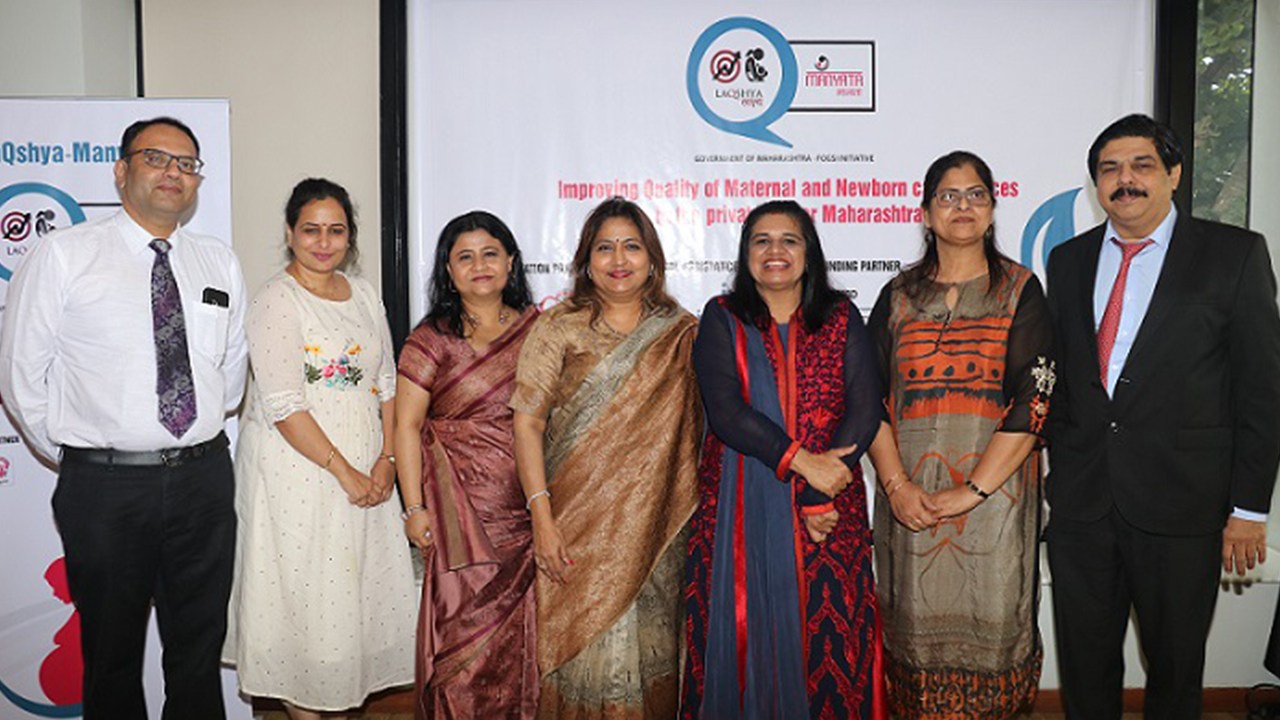
 LaQshya-Manyata is a quality improvement and certification initiative for private maternity providers which aims to ensure safe and respectful deliveries for women in Maharashtra
LaQshya-Manyata is a quality improvement and certification initiative for private maternity providers which aims to ensure safe and respectful deliveries for women in Maharashtra









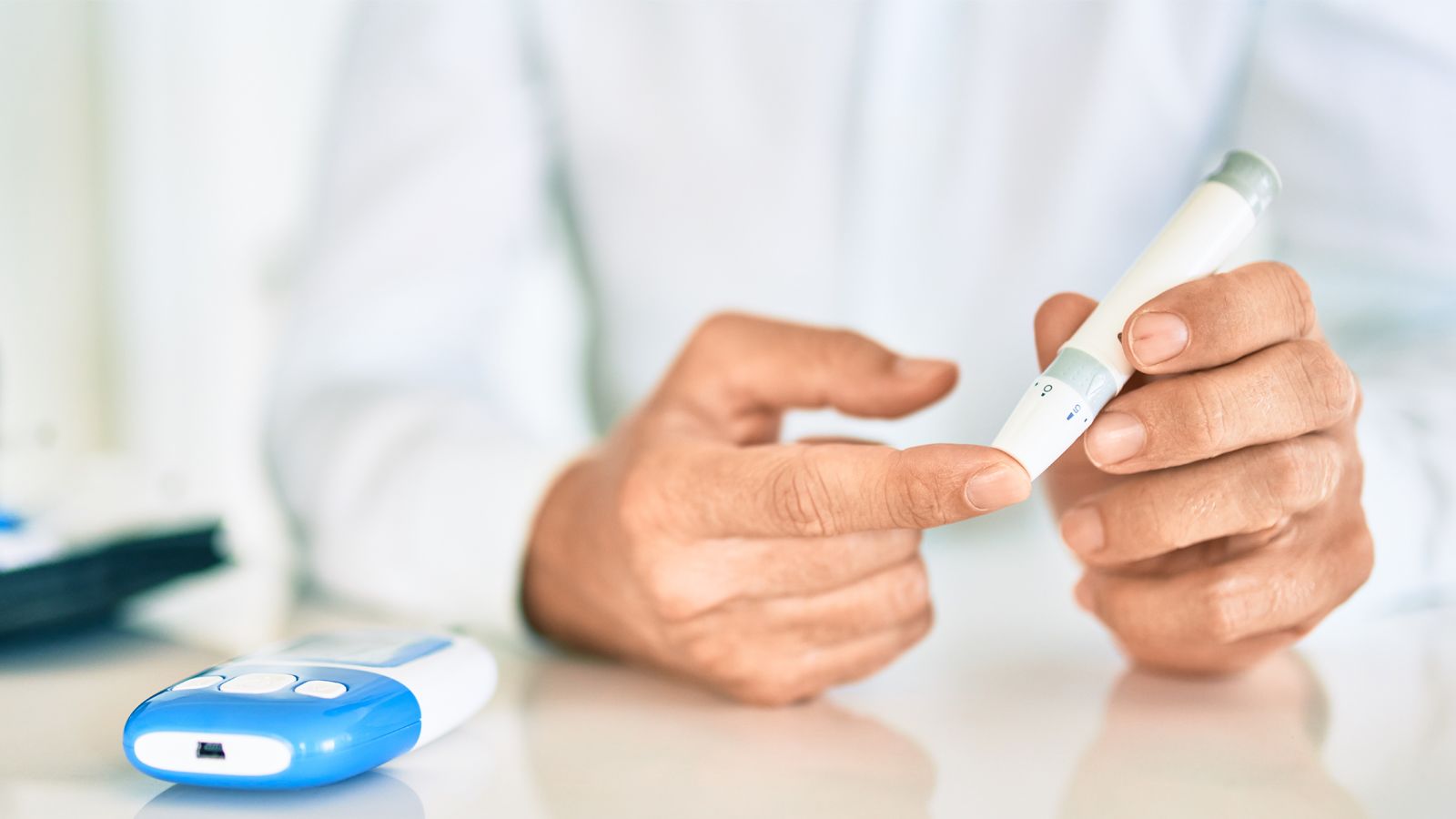

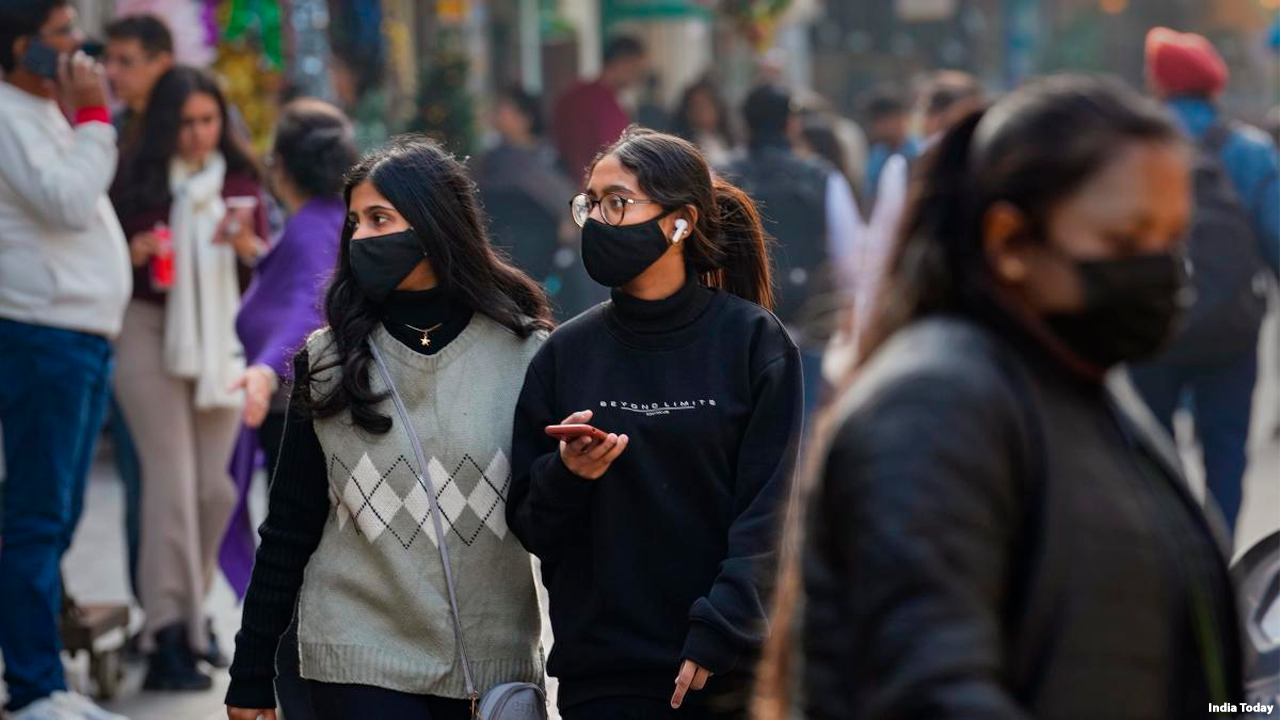
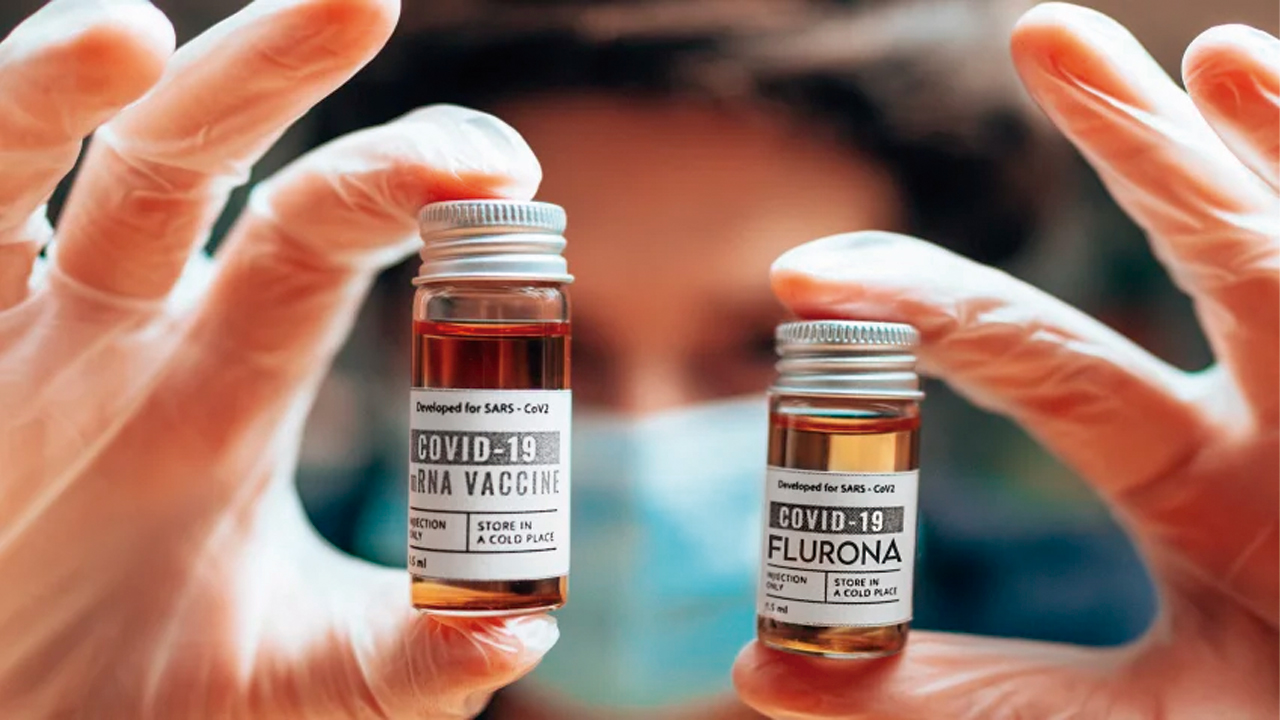
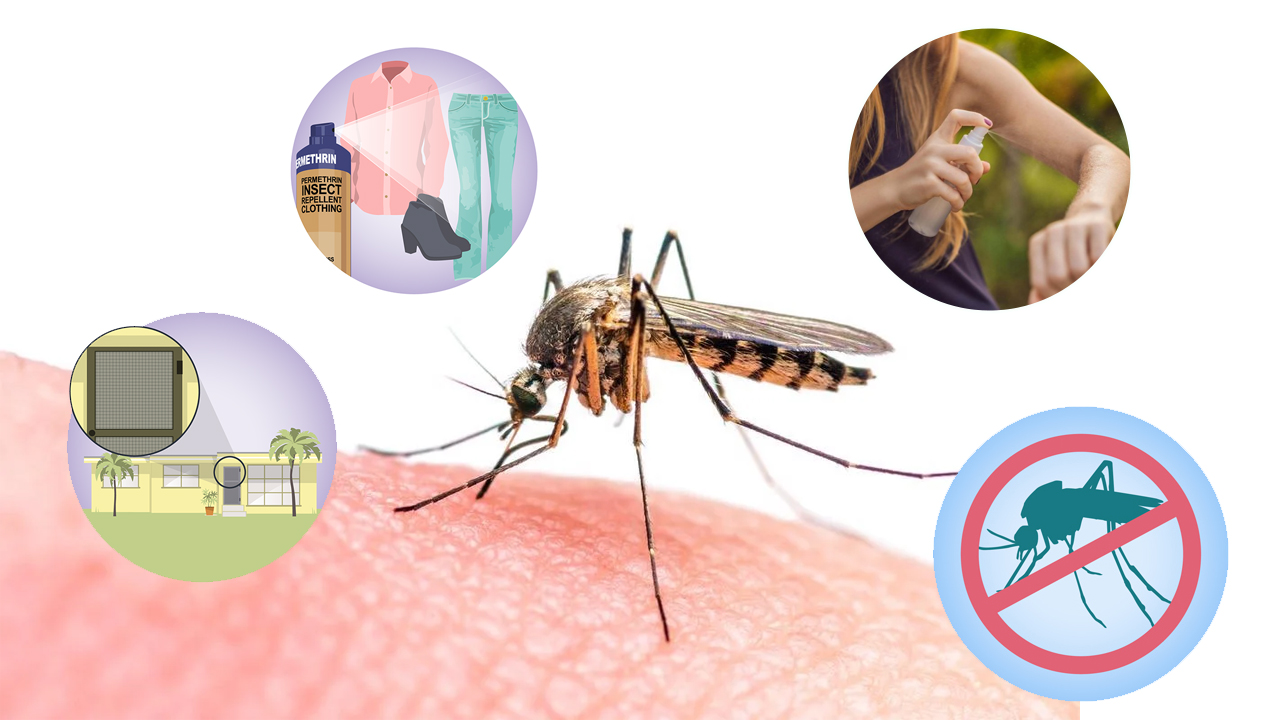





.jpeg)

.jpeg)










.jpg)




.jpg)

